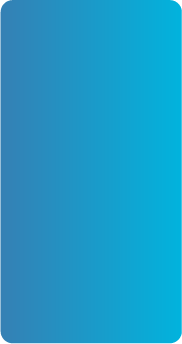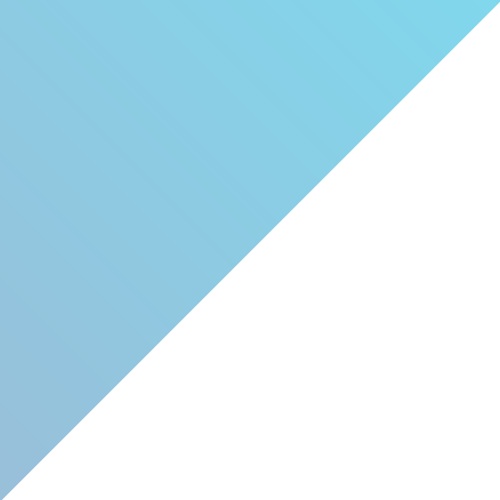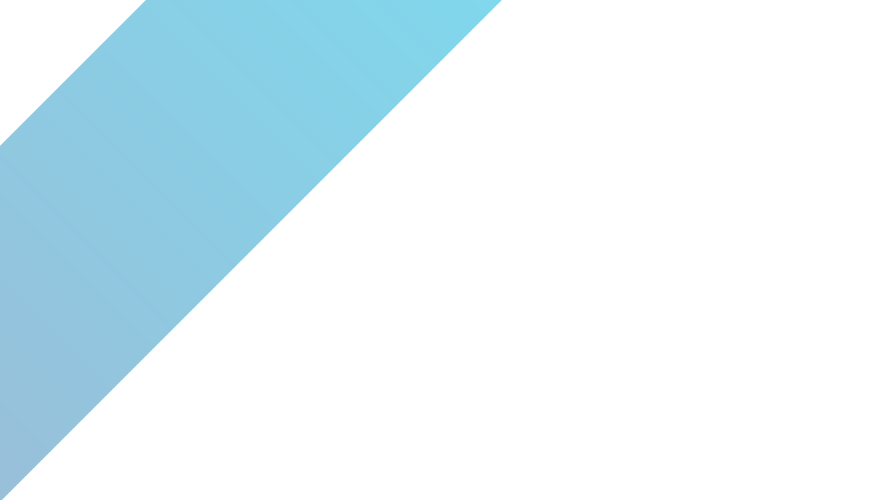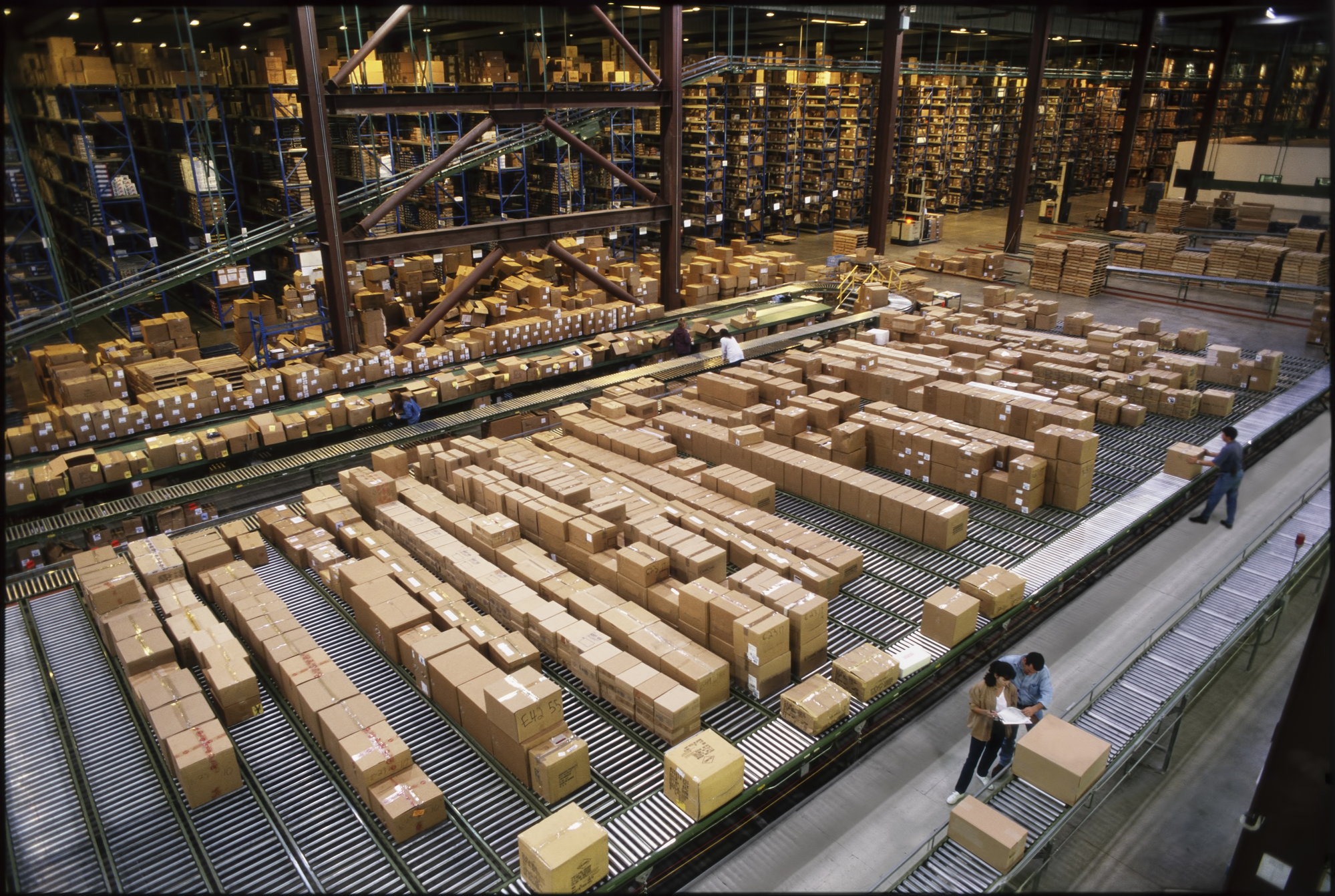Welcome to Leadership Lessons — real stories from supply chain leaders on how they built their careers, what they’ve learned along the way, and where they’re headed next. In this edition, we talk with Kamal Ahluwalia, Chief Executive Officer at Resilinc. He opens up about the early days of Apple, adopting Navy SEAL-inspired leadership principles, and why he’s all in on building an AI-first company for the supply chain world.
Supply Chain 24/7: Thanks for joining me. Can you share a bit about your upbringing?
Kamal Ahluwalia: I grew up in India and was the youngest of three siblings. My father worked for the Indian equivalent of the IRS, so we moved around a lot. But no matter where we were, my parents put a strong emphasis on education. One of my sisters became a doctor, the other became a homemaker, and I leaned toward technology. I wasn’t at the top of my class, but excelled in high-pressure situations like standardized tests, which helped me get into IIT and study computer science. Cricket was a big part of my life, too. I played almost every day, and being an all-rounder helped me learn how to manage different roles and responsibilities — something I still carry into my work today.
SC247: What was your first job out of college?
KA: My first job was with Metaphor, an offshoot of Xerox PARC in Mountain View. The team had a reputation for innovation, and part of it later went on to find Apple. I joined as a computer engineer and worked on network protocols. It was a fantastic environment filled with very smart people. During a major product release, I found that I worked best under pressure, debugging code quickly and consistently. That experience helped me understand how I performed when it mattered most.
One Big Regret
SC247: What did your time at Apple teach you?
KA: Apple recruited me to work on the Newton’s networking protocols, and I wrote the TCP/IP stack. It was exciting and meaningful work. But I left for a startup that seemed more promising at the time. Steve Jobs returned to Apple about six months after I left, and the rest is history. That’s still the only regret in my career. I learned that being in the right place at the right time matters — but more importantly, I realized that you have to be patient and stick with something to see its full potential.
SC247: How did that regret shape your thinking later in your career?
KA: It made me reconsider what success actually looks like. Early on, I was impatient. I thought chasing titles or the next big thing would accelerate my career. But over time, I learned it’s more important to be surrounded by the right people and to work on something meaningful. Once I got that clarity, my leadership style changed. I became more focused on team success and less concerned with status.
Extreme Ownership
SC247: You often talk about ‘extreme ownership.’ What does that mean to you?
KA: Extreme ownership is a concept I took from Navy SEAL training philosophies — the idea that you take full responsibility for your actions, your team, and your outcomes. No blaming, no excuses. I started applying that when I was at Apttus, a company we built on the Salesforce platform. We didn’t have all the tools or resources, but I realized that neither did Salesforce. Everyone has constraints. What matters is how you respond and execute. That principle is now at the core of how I lead.
SC247: How do you put that into practice at Resilinc?
“I used to think I had to have all the answers. Now I know the real power is in asking better questions and trusting your team to rise to the challenge.”
KA: I lead by example. I jump into product demos, I test things myself, and I don’t shy away from tough conversations. When something goes wrong, we talk about it openly. If someone brings an issue forward before it causes problems, that’s a win. It’s not about perfection — it’s about ownership, trust, and accountability.
SC247: What’s different about your leadership style now compared to earlier in your career?
KA: I used to think I had to have all the answers. Now I know the real power is in asking better questions and trusting your team to rise to the challenge. I’ve worked with some of the same people across three or four companies. That continuity happens because we’ve built trust through shared ownership and a focus on outcomes, not ego.
Transforming Resilinc Into an AI-First Company
SC247: Let’s talk about AI. What makes your approach at Resilinc different?
KA: Most companies treat AI as a feature — something to bolt on. From the beginning, I said we’re going to be an AI company, period. We changed our domain to Resilinc.ai as a signal of that. Our first agent, built for Uyghur Forced Labor Prevention Act compliance, was up and running in a month. Then we launched a tariff agent. The team saw how quickly we could move and began to believe in what we were building. Now we’re building out a full library of intelligent agents that solve real-world supply chain challenges.
SC247: How do you decide what AI agents to build?
KA: We use a four-part framework: What questions are customers trying to answer? What actions will those answers trigger? Do we have the data to support those answers? And can we automate the workflow? If the answer is yes across the board, we build. This is my third AI company, and I’ve learned that in enterprise, explainability and trust matter just as much as speed. That’s what we’re applying here. Our customers can’t afford black-box solutions — they need clarity, auditability, and confidence. That’s what we aim to deliver.
SC247: What’s been the cultural impact of this transformation at Resilinc?
KA: Culture is a huge focus. With any transformation, especially one that moves this fast, you have to bring everyone along. I started throwing out terms in company town halls such as probabilistic models, deterministic logic, and accuracy thresholds. I told the team to look it up, play with ChatGPT, and ask questions. If we’re going to be an AI company, we all need to understand what that means. And they stepped up. I’ve seen people take ownership of their learning and become more engaged as a result.
“I think a third of today’s jobs will disappear in the next three to five years, mostly due to automation and AI. But there will also be a third that are completely new — roles like prompt engineers or observability specialists.”
Looking Ahead
SC247: What are the biggest workforce changes you see on the horizon?
KA: I think a third of today’s jobs will disappear in the next three to five years, mostly due to automation and AI. But there will also be a third that are completely new — roles like prompt engineers or observability specialists. The middle third is the hardest part — these are the jobs most people do today. Companies need to be investing in reskilling now or they’ll be left behind. Reshoring is coming, but the kind of manufacturing returning will be heavily automated. We don’t yet have the workforce ready for that shift.
SC247: What’s one leadership lesson you wish you had learned earlier?
KA: Drop the ego. When you stop trying to prove yourself and instead focus on the mission and the team, everything improves. I also wish I had learned the value of pacing myself. I used to pour everything into work with no balance. Now I get up early, exercise, and protect space for thinking. That helps me show up better as a leader.




